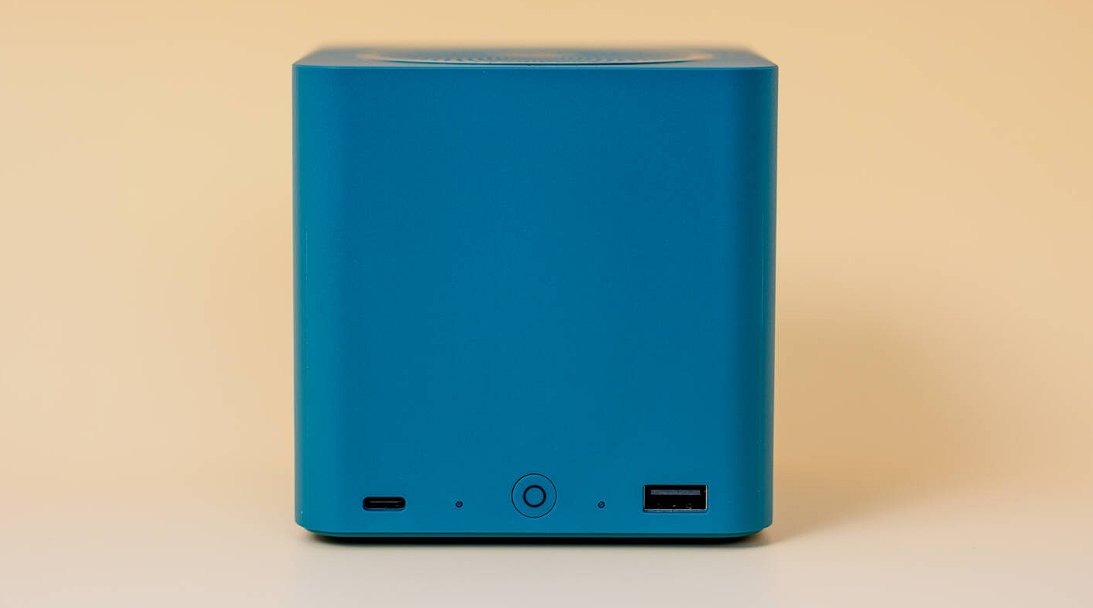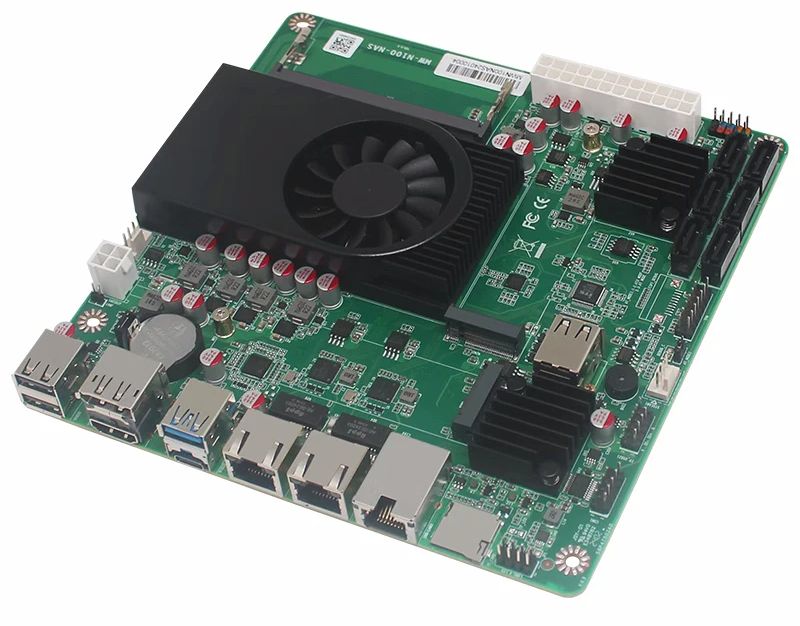

I gave the demo a quick try and I really like it. Simple and to the point, no unnecessary fluff. I might set this up at home.
Thank you for your work!
Edit: One thing, the demo exports notes as PDF with white text on white background. I assume this is a mismatch with the selected theme.





No mobile view :(